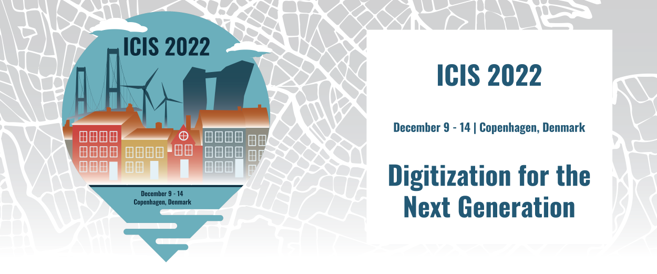Loading...
Paper Number
1633
Paper Type
Short
Description
Sensors, actuators, and controllers are digital objects fundamental to automation-intensive industries such as transportation, manufacturing, and energy. As technologies that enable and arbitrate the transition from physical to digital worlds, they are increasingly pervasive in all facets of industry and logistics, consumer technologies, or even medicine. Hybrid digital objects with physical and digital components are composed of bitstrings that are inscribed onto a material bearer. Translational action refers to how bitstrings are accessed in the material bearer or how they are moved from one layer of the bearer to another. We perform an inductive study of 170 sensing, computational, and imaging technologies originating from leading scientific research institutions to better understand the nature of translational action. Across four physical and digital configurations, we identify seven forms of translational action. The findings offer insight into cybernetic control theory central to automated systems to understand the nature of their logic, processes, and interdependence.
Recommended Citation
Wareham, Jonathan; Pujol Priego, Laia; Romasanta, Angelo; and Ahmadova, Gozal, "The Nexus of Translational Action" (2022). ICIS 2022 Proceedings. 3.
https://aisel.aisnet.org/icis2022/general_is/general_is/3
The Nexus of Translational Action
Sensors, actuators, and controllers are digital objects fundamental to automation-intensive industries such as transportation, manufacturing, and energy. As technologies that enable and arbitrate the transition from physical to digital worlds, they are increasingly pervasive in all facets of industry and logistics, consumer technologies, or even medicine. Hybrid digital objects with physical and digital components are composed of bitstrings that are inscribed onto a material bearer. Translational action refers to how bitstrings are accessed in the material bearer or how they are moved from one layer of the bearer to another. We perform an inductive study of 170 sensing, computational, and imaging technologies originating from leading scientific research institutions to better understand the nature of translational action. Across four physical and digital configurations, we identify seven forms of translational action. The findings offer insight into cybernetic control theory central to automated systems to understand the nature of their logic, processes, and interdependence.
When commenting on articles, please be friendly, welcoming, respectful and abide by the AIS eLibrary Discussion Thread Code of Conduct posted here.



Comments
02-General